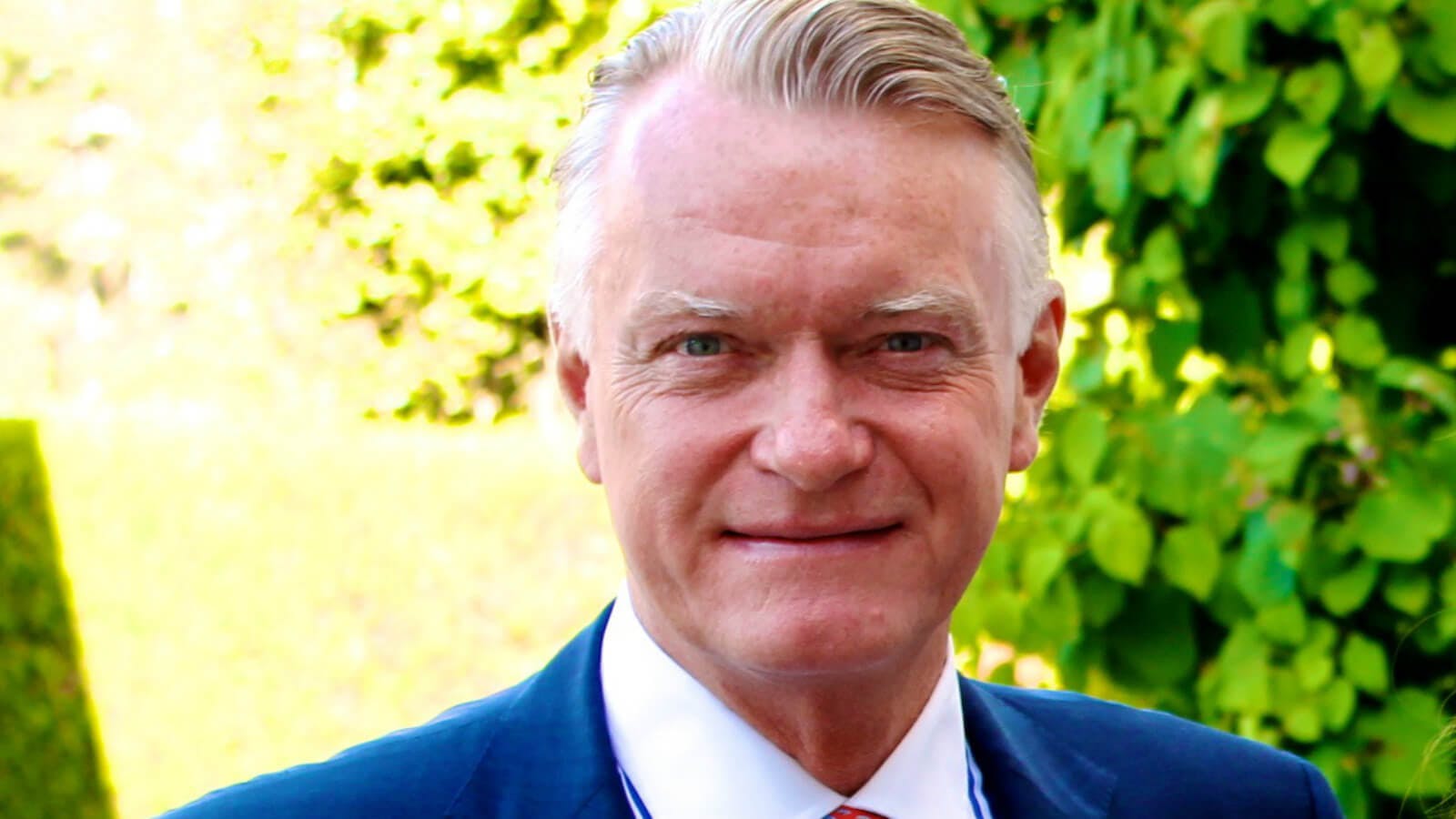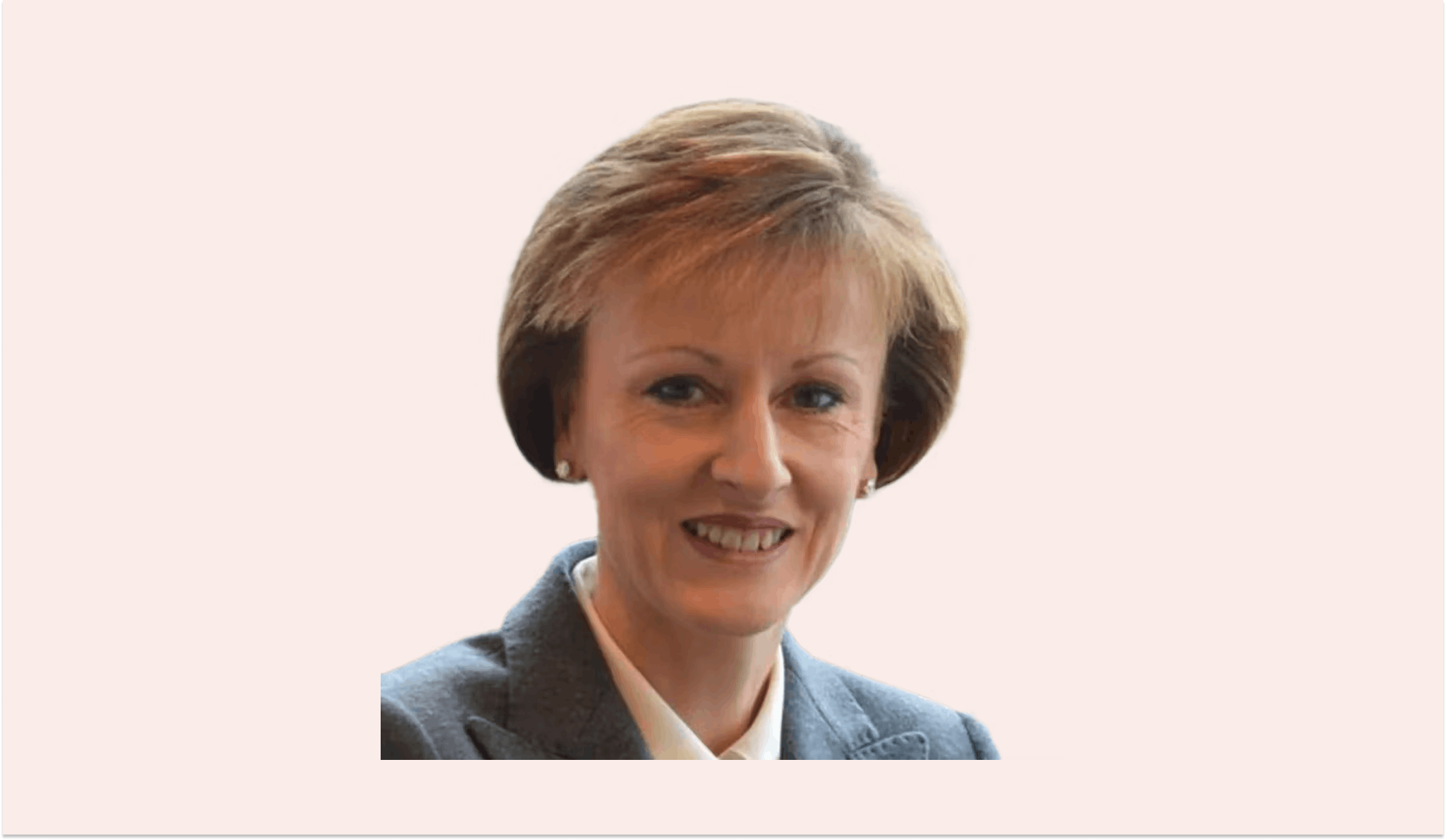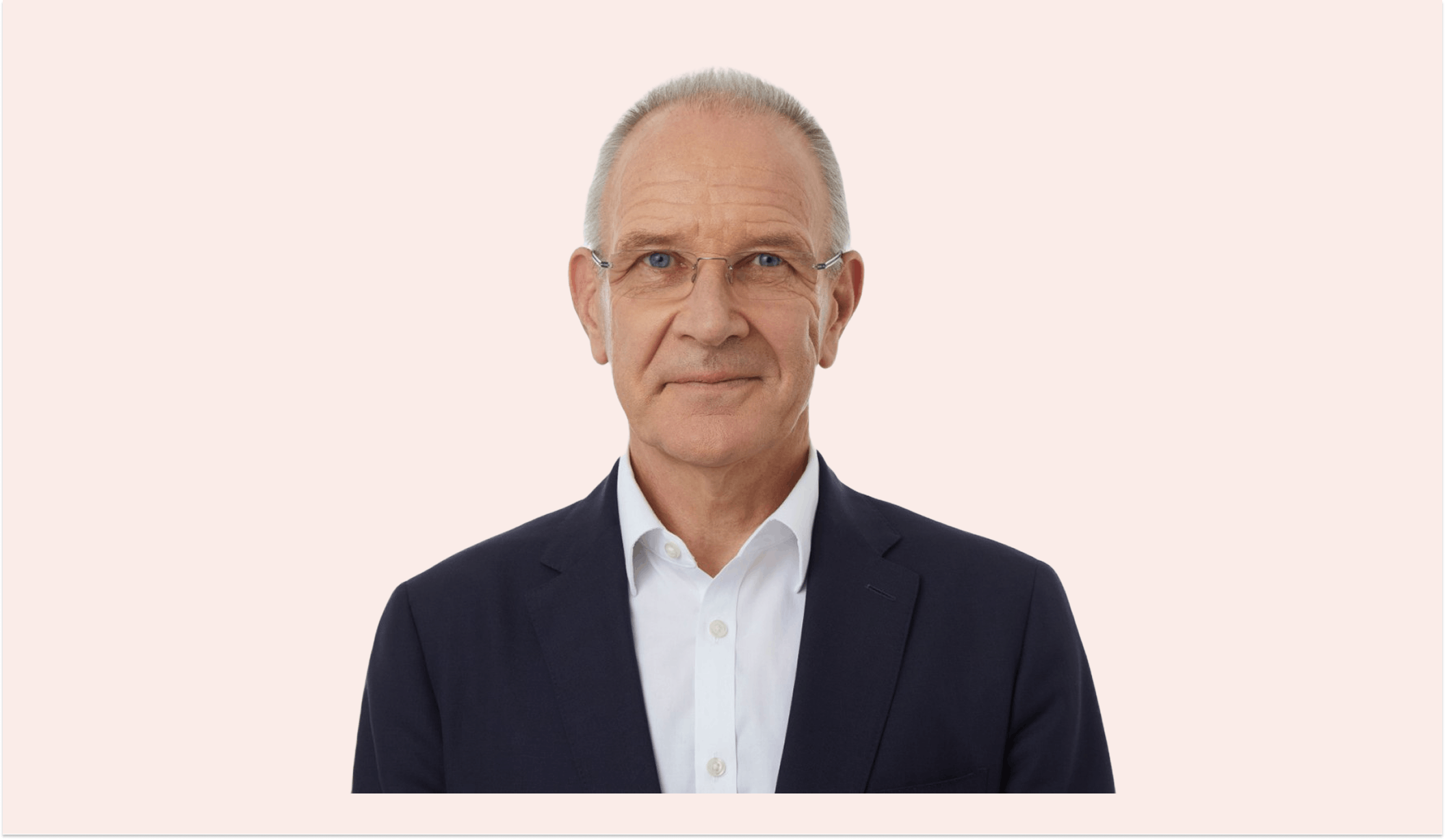
How best to work with private equity boards as an independent director | Nils Björkman, former COO of Tetra Pak
Recently appointed Advisor for a leading private equity house board, Nils Björkman, shares his insights from 30 years at Tetra Pak, having recently retired as COO.
Nils Björkman spent more than 30 years with the Tetra Laval Group (Tetra Pak) before retiring in 2015 as the Global Head of Commercial Operations (COO), a role he held from 2004-2015. Tetra Pak is the world’s leading company for food processing and packaging solutions with 23,000 employees and global revenues of EUR 12 billion in 2014.
Nils has also been serving as the Chairman of SourceByNet Pte Ltd, an independent sourcing network based in Singapore and with operating offices in the US, South America, Europe, Asia, Australia and Japan, enabling its customers to conveniently procure a wide range of furniture, home interior and decorative construction products.
Since mid 2015, Nils has also been working with Rhône Capital and serves on the board of one of their portfolio companies, Ranpak Corp., Concord, USA. He is also working as an Industrial Advisor for the private equity group EQT, Stockholm, Sweden.
Following a successful application on Nurole he has been working with a leading private equity house as an industry expert.
What advice would you offer to anyone from an industrial background considering working with private equity investors as an independent director?
Private equity investors are very different so it’s key to understand the philosophy of the different houses and ensure their approach is aligned with your own interests. For me it was about finding a match with investors who really wanted to use my industrial experience. No private equity investors have a long-term horizon (in the way a family owned business might) but some have a “longer-term” time horizon than others, and this was important for me. To ensure you have a full picture (not just their sales pitch), it’s important to speak with third parties who have worked with the investors (managers, advisers and former employees) and to dig into their investment track record to understand how their successes have come about and how companies fared after the private equity investor exited.
How have you had to adapt to working with private equity investors?
After coming from a family owned business which had a very long-term perspective and a staying power, the big adjustment was looking for shorter-term paybacks. For example, moving from thinking about market share to thinking about ROI. But it’s a give and take - sometimes I push the private equity investors to think longer-term.
What were the key lessons you learned from your time working at Tetra Pak?
The biggest lesson which I passionately believe in is that you have to put the customer first: as the leadership of the company, you have to drive through the organisation the importance of listening, trying to interpret and anticipating the customers’ needs. At Tetra Pak our big customers were the dairy and beverage companies, Lactalis, Nestle and the Pepsis and the Cokes - our mantra was that we would never allow a customer’s business to be held up because of us. We carefully tracked our share of each customer’s spend on packaging with the aim of always having 100% of their business. Not always possible but we always tried to be their best supplier overall. In addition, we had a great system in place to check customer satisfaction every six months - we used a third party organisation to conduct interviews and the results fed into compensation.
How did you incentivise people?
Fifteen years ago there were no bonuses but the marketplace became more competitive so we had to introduce introduce a system to ensure we remained competitive in the hiring marketplace. There are still no long-term incentives in the company - all remuneration was based on performance over the year. We built a scorecard based on sales, profitability, etc... as well as longer-term KPIs e.g. customer satisfaction, market share. But the main reason for introducing bonuses was to keep us competitive when hiring. Performance was driven much more through culture and leadership.
What are the hallmarks of the best private equity investors you work with?
The investors succeeding are those who are most sophisticated in the way they think about their support structures and accelerating the way they achieve their goals. They have worked their strategy through with management teams well in advance of the acquisition so they are not forcing something upon them where there is no buy-in.
What has characterised the best boards you have worked with?
Transparency. People have to be able to speak their mind, but it depends a great deal on the chair. If the chair wants it and encourages it, it happens. If not, it’s very difficult to get it to work. Other critical characteristics include the ability to listen to the management and relevant industrial experience. To have a board of “big names” is not as valuable as a board who really know about that industry. However, it can be very effective to have smart people from outside of the industry who are trying to look around the corner and ask “the stupid question” - it can be the chair or the investor.
When have you got it most wrong professionally and what did you learn?
Taking important decisions too fast. Even in crisis situations there is always more time than you think.
What’s the best professional advice you ever received?
I have been given a lot of great advice along the way, but I think the best was “listen and learn from your customers - try to interpret them so you also answer to their non-articulated needs”. If you do, you tie them very close to your business and create mutual success.
Your Nurole Experience
How did you hear about Nurole?
A former colleague recommended me for a role.
How have you found the experience as a member?
When I first saw the application, I thought “I don’t want to do this” as I didn’t want to answer on an internet platform. But then I thought “actually, it’s well laid out with good questions”, so I gave it a go. There were regular updates so it turned out to be a very positive experience.
About You - 10 Question Quick Fire
3 words the person who has worked most with you would use to characterise you?
A lot of positive drive, fair and demanding.
Favourite book?
The Name of the Rose, Umberto Eco.
Favourite restaurant?
La Colombe d’Or, Saint-Paul-de-Vence
Favourite quote?
“Sometimes the questions are complicated but the answers are simple” - Dr. Seuss.
Favourite holiday?
Heli-skiing, Cariboos, Canada.
Greatest passion?
Family, Work, Golf and Skiing.
Favourite app?
BBC news.
Professional achievement of which you are most proud?
Working for Tetra Pak over 30 years and managing to grow the company in every position in every year.
When does your alarm go off and how many hours of sleep do you have on average?
I like to sleep 7 hours (doesn’t always work) and get up 6/6:30am.
Best idea for a $10,000 investment?
Buy some really good bottles of Bordeaux St Emilion wine and then sell to the Chinese in 10 years!
If you are looking for non-executive director roles, Nurole's innovative recruitment platform can help.






